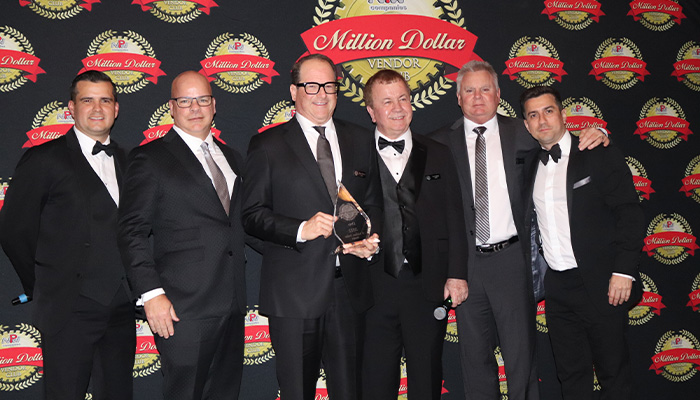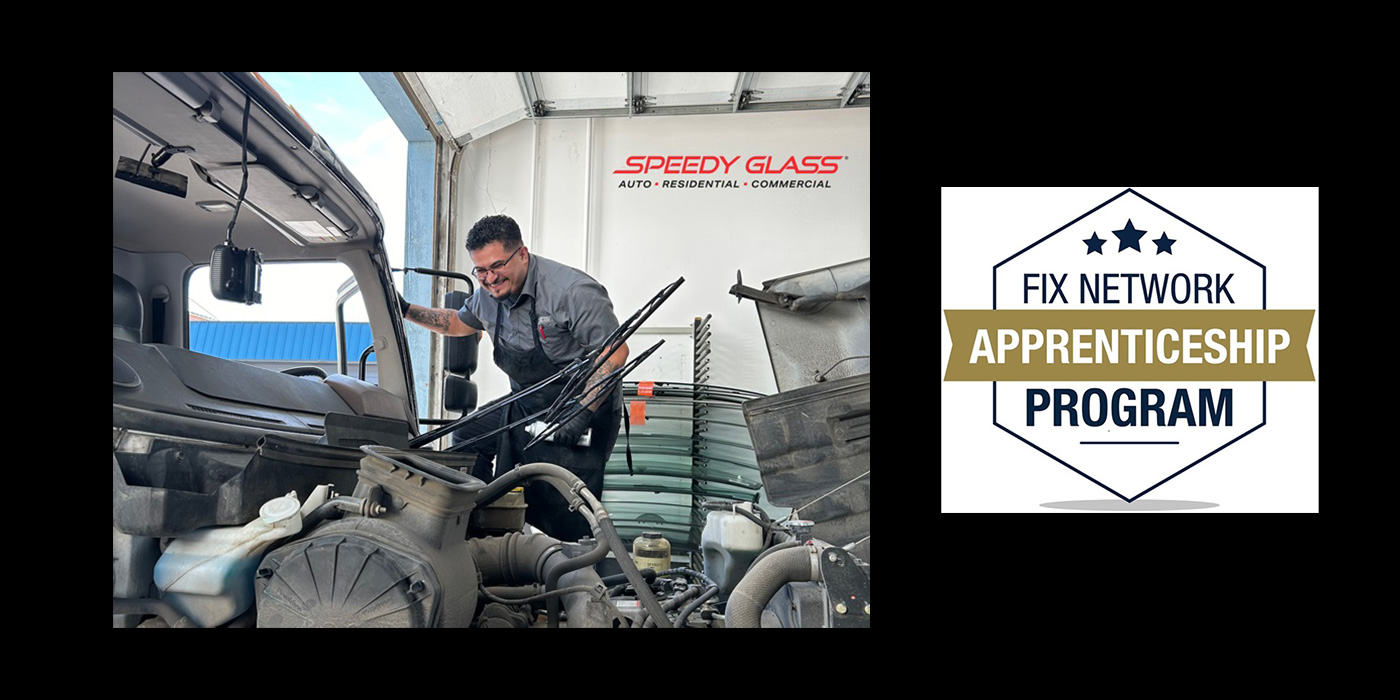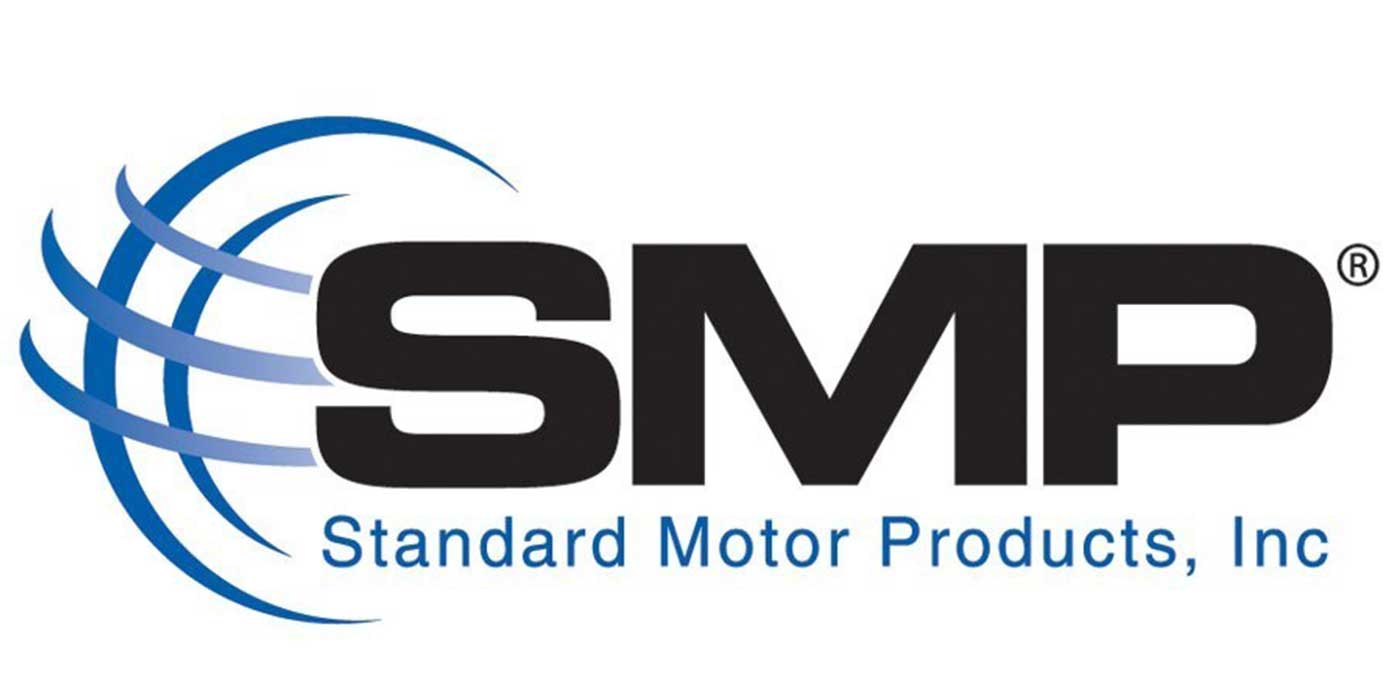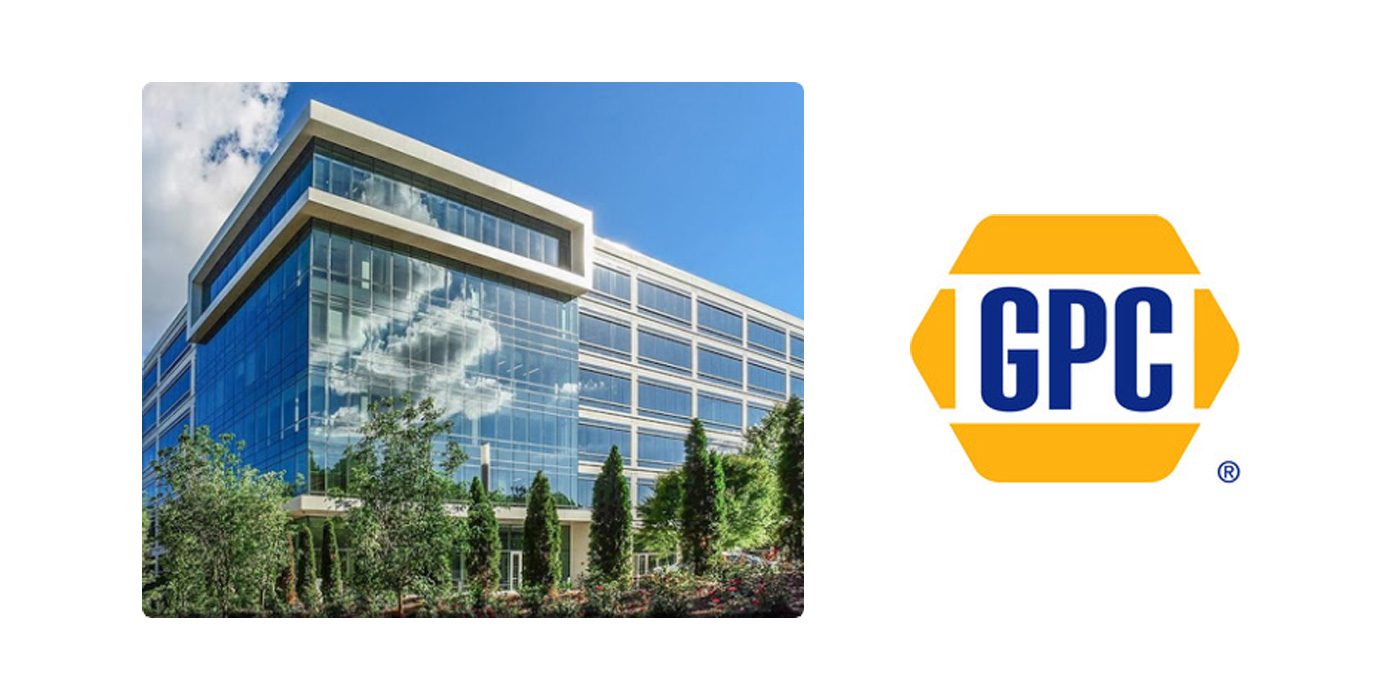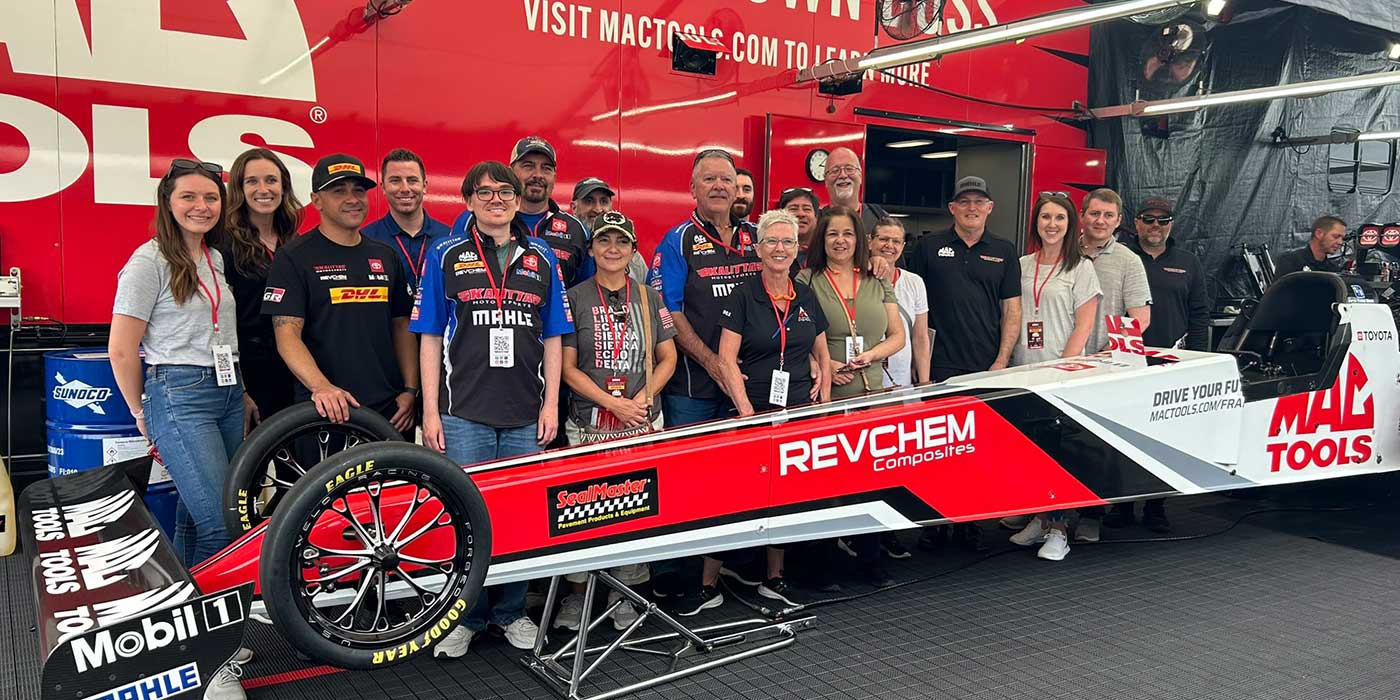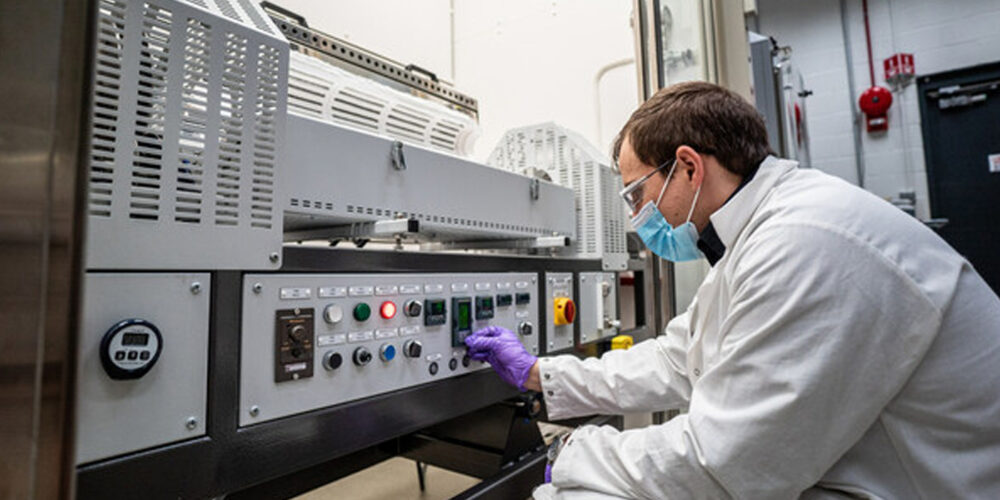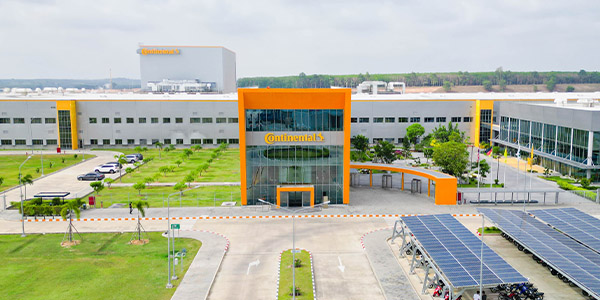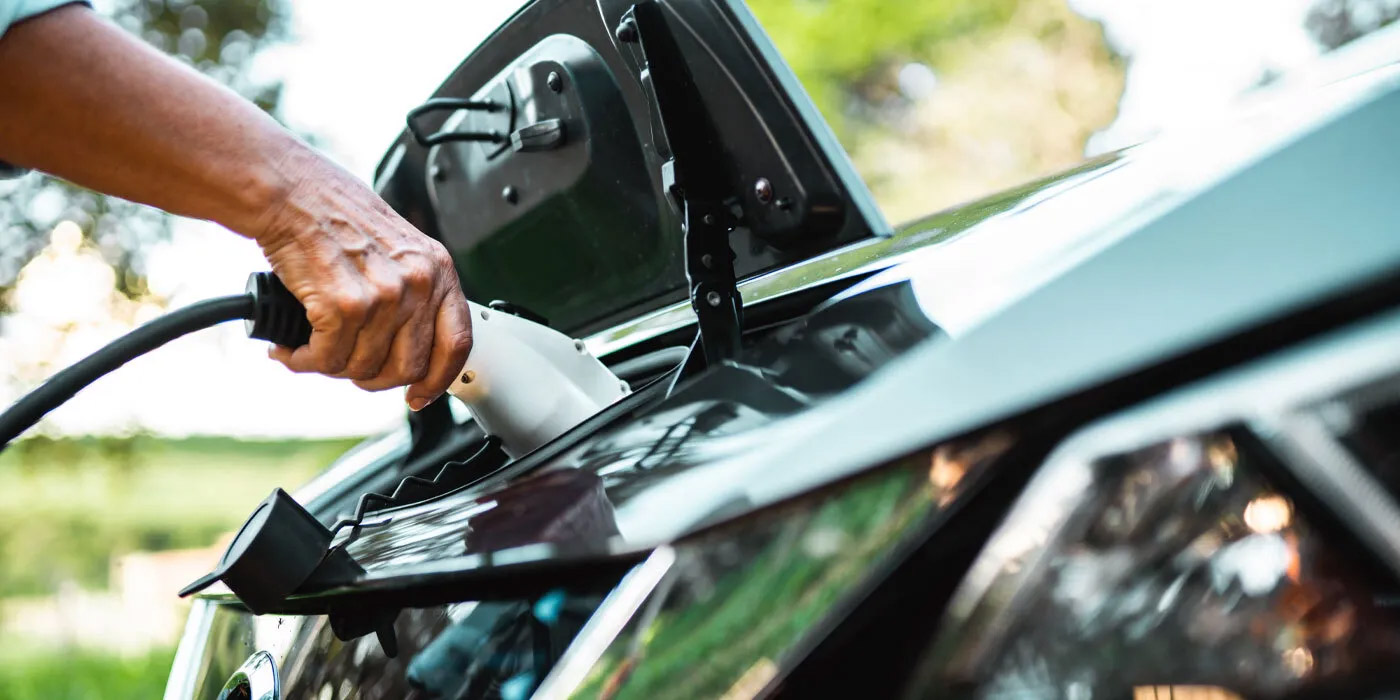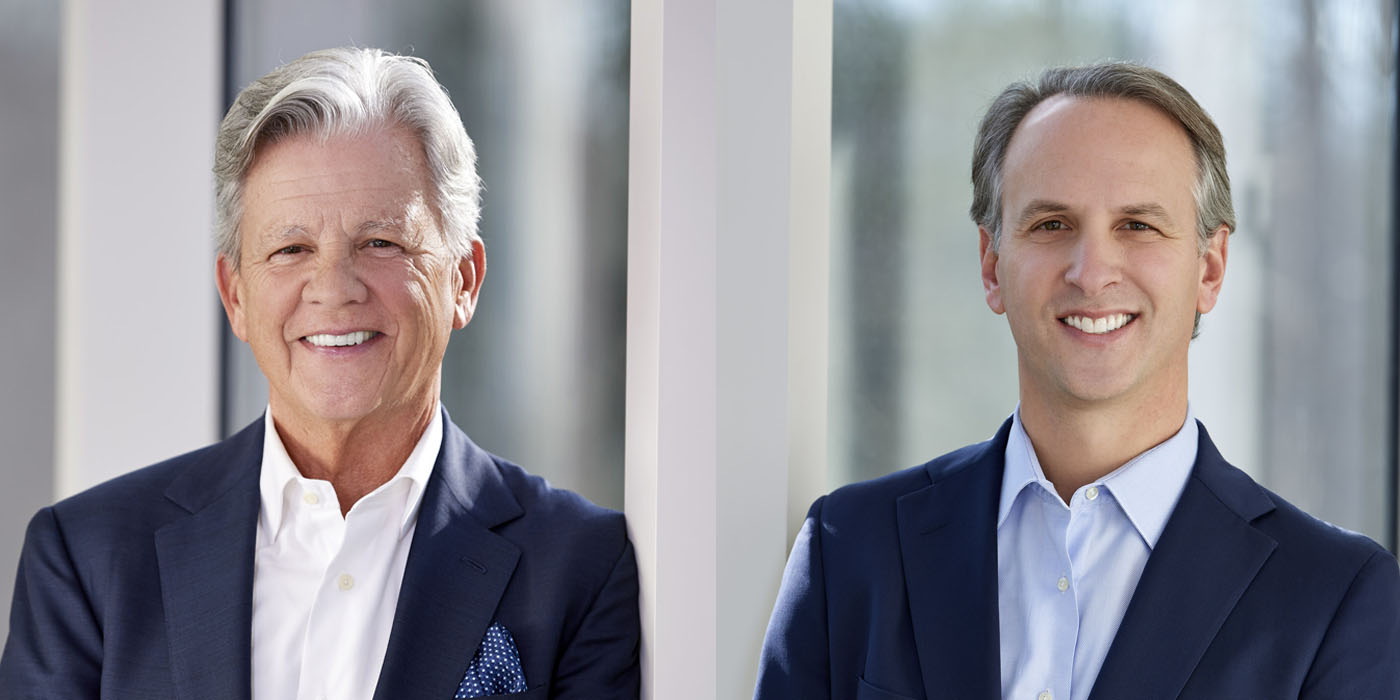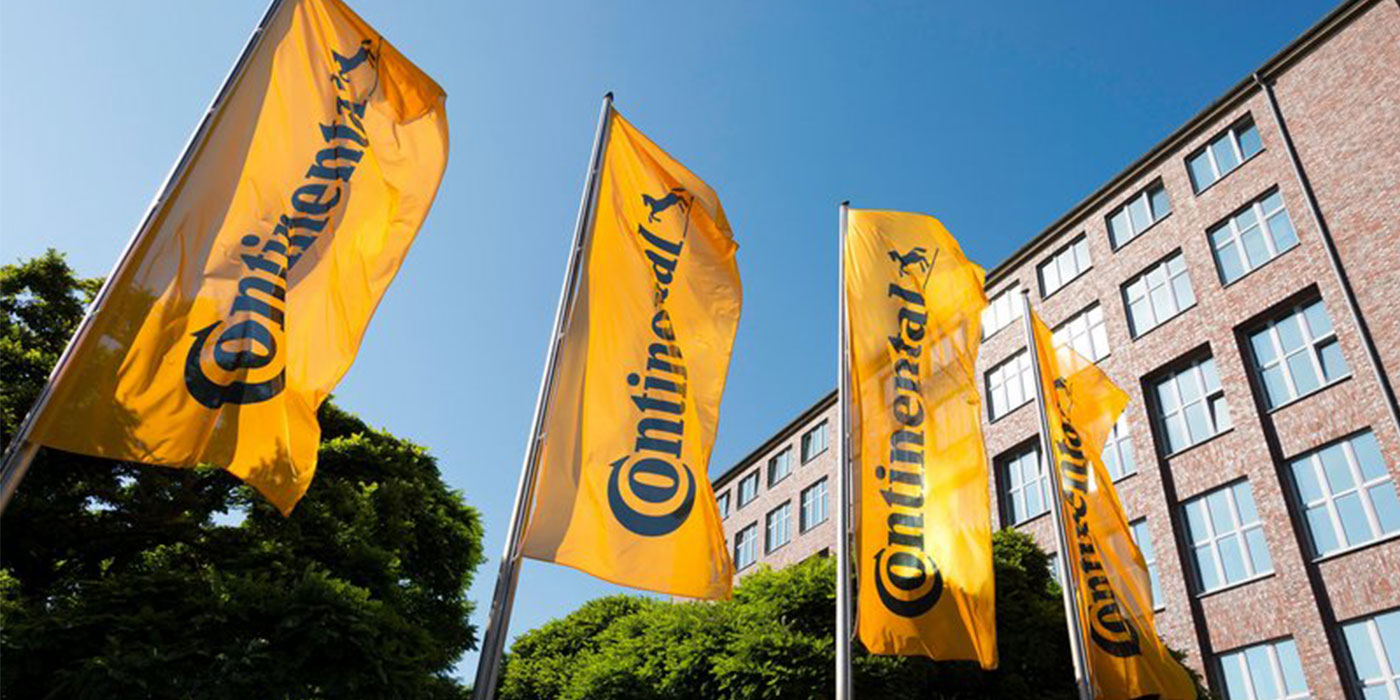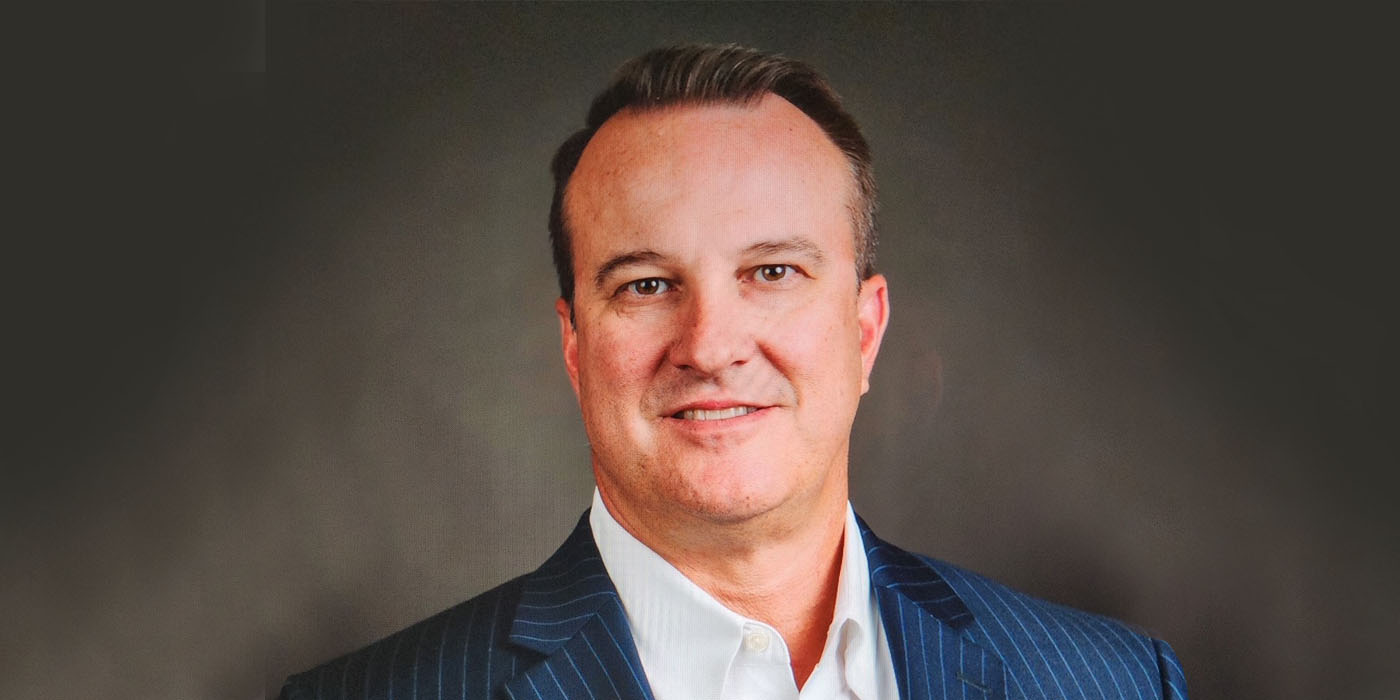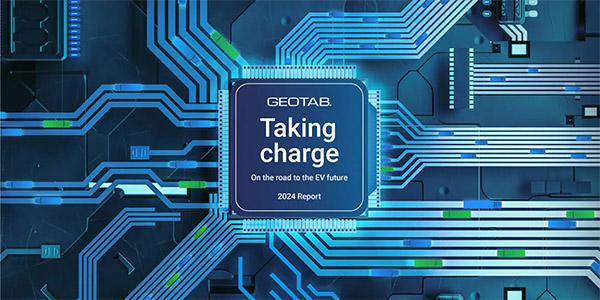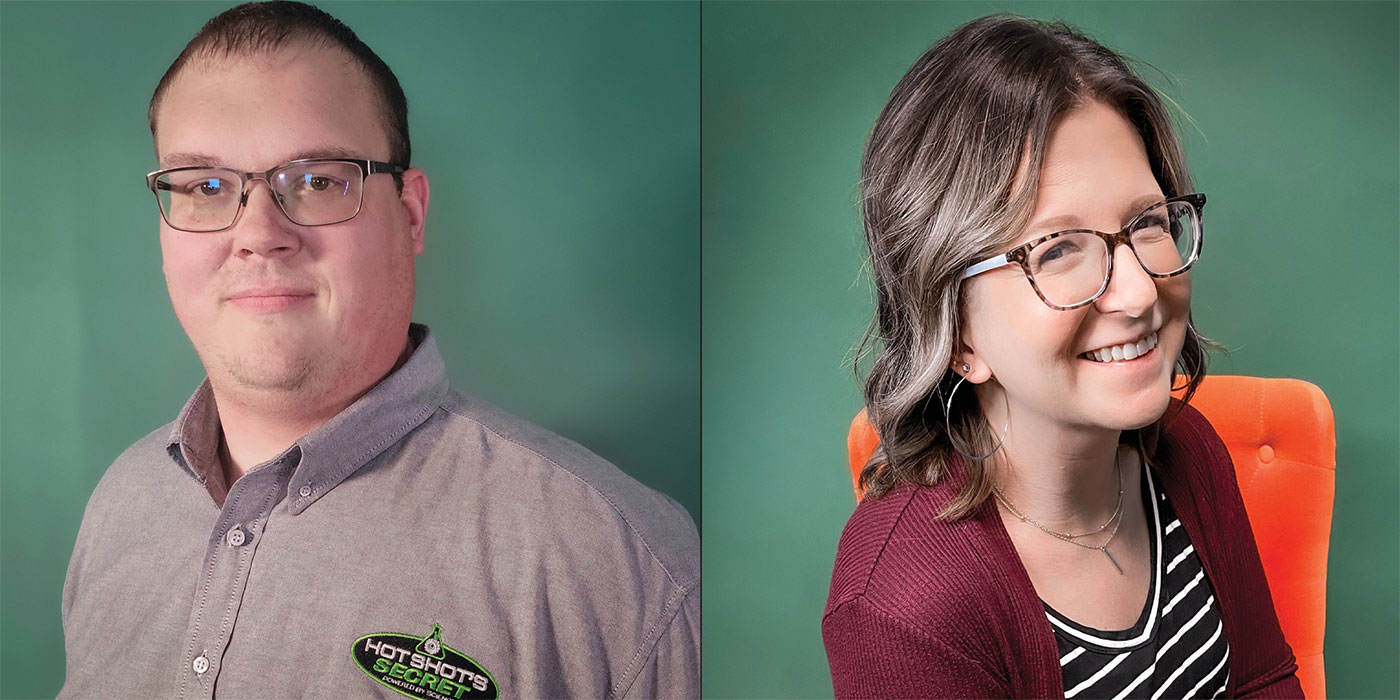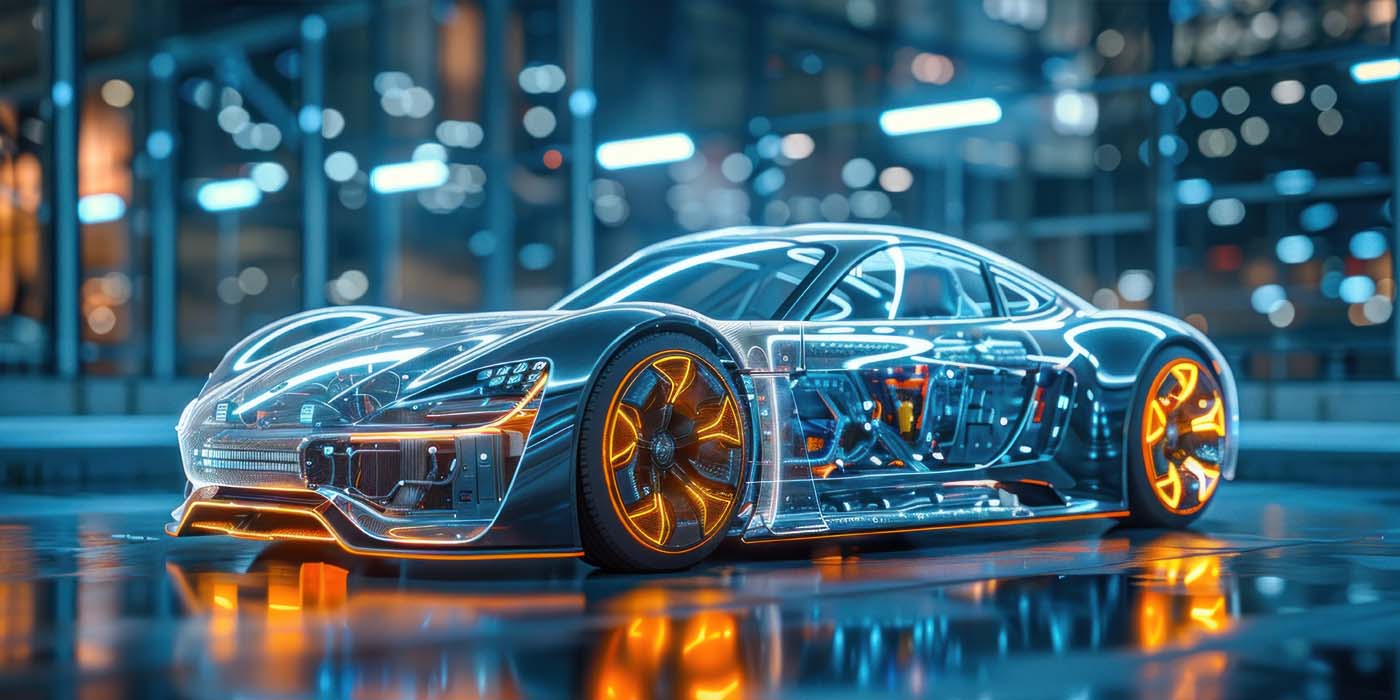by Amy Antenora
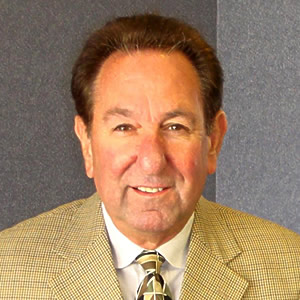 In this exclusive interview Automotive Parts Associates (APA) President and CEO sits down with aftermarketNews to talk about WD consolidation, what his members are doing to reduce costs and increase efficiency and why global membership is not a priority for APA.
In this exclusive interview Automotive Parts Associates (APA) President and CEO sits down with aftermarketNews to talk about WD consolidation, what his members are doing to reduce costs and increase efficiency and why global membership is not a priority for APA.
There has been quite a bit of consolidation within the Warehouse Distribution segment in the past five years or so. Do you expect this trend to continue and if so, what will the distribution landscape look like five years from now?
Yes, I expect the trend to continue. O’Reilly, CARQUEST (GPI), NAPA , Uni-Select, Advance and others will acquire additional locations and change over some independents to their banners. I even expect one or more of these giants to cannibalize one or more from this group to further accelerate the consolidation. There is also a consolidation of traditional warehouse groups recently such as Hahn and Prime in the New York/New Jersey market and Auto-Wares and Certified Automotive Warehouse in the Chicago Market.
Another distribution trend that does not get much attention is the internal growth of medium sized distributors. APA has had a great deal of growth from existing members in the last few years.
Samuels Inc. has opened a third warehouse in New Jersey; IWI added its 11th pup warehouse in Iowa City; Bestbuy Distributors recently opened a second warehouse in Edmonton, Alberta; and S & G Imported Car Parts opened a new store location in Ohio. World Auto Parts opened a second warehouse in Huron, Ohio; and Speedway Auto Parts recently acquired a competitor and now has six locations in Indianapolis. And, there are many more examples I could cite. The traditional aftermarket is not as bleak as some would have you believe and not all the growth is with the retailers.
What are some of the biggest concerns/issues you are hearing about from your membership currently?
The escalation of fixed expenses energy costs, insurance and high delivery costs [are just a few]. The capitol expense of adding new SKUs and product categories, and finding and training counter people to fill vacancies [are two others]. Keeping pace with the new technologies needed to compete and garner new customers [is also an issue]. Returns are another.
Using an Internet-based system would create less of a chance of getting the wrong parts. Our members claim they get anywhere in excess of 25 percent of the parts returned. Having technicians go online to order parts would help drive some of the cost out of the delivery of products. In addition, today some of our members are using GPS to track exactly where the orders are at so the techs can go online to find that information instead of calling the warehouse.
The biggest thing is driving the cost out of everything we do and not duplicating steps. It’s about putting more of the onus on the technicians and less of it on the distributor. At the same time, a lot of it has to do with training and where you do business. We have a member in Wichita, Kan., that does 80 percent of its business electronically [but have other members in other parts of the country that would have a very difficult time getting their customers to connect.]
How are APA members handling the issue of high fuel costs – do you see more members implementing fuel surcharges and are they seeing a lot of pushback from customers?
Everyone seems to be engaged in the discussion. There are three areas to concentrate on: One is raising prices in some fashion to cover the higher costs either across the board or velocity priced. The second is to discontinue delivery to low-volume, unprofitable customers. And the third is to modernize your delivery system with GPS tracking or scheduled delivery, rather than hot shot deliveries. The challenge is to evaluate how you deliver and become more cost-effective and efficient. Another possibility is to go to a third party delivery service.
Globalization is something we hear about a lot today – what’s your take on it? Is having a broad International membership important to you?
The quick answer is no.
As we have looked at distributors of auto parts in Europe, Asia and Mexico, we find more dissimilarities and little commonality to gain value for our shareholders. The hope of combining purchasing volume to lower the cost of goods does not exist. The manufacturers have different sales policies, personnel, pricing p rod uct mix, etc. for the foreign markets. Also there is a mix of different manufacturers for OE and OES in North America, Europe and Asia. The one bright line would be the global branding of the “Professionals Choice” banner.
It looks really good on your resume to say you’ve got a member in Italy but if you start looking at the vehicle mix and the suppliers [it doesn’t really make sense.] A European vehicle could have different vendors for the p rod ucts than what the North American manufacturer uses. For example, a Ford made in Italy use more Valeo parts versus a Ford made in the U.S. that might have more Federal-Mogul p rod ucts. There’s no commonality there.

